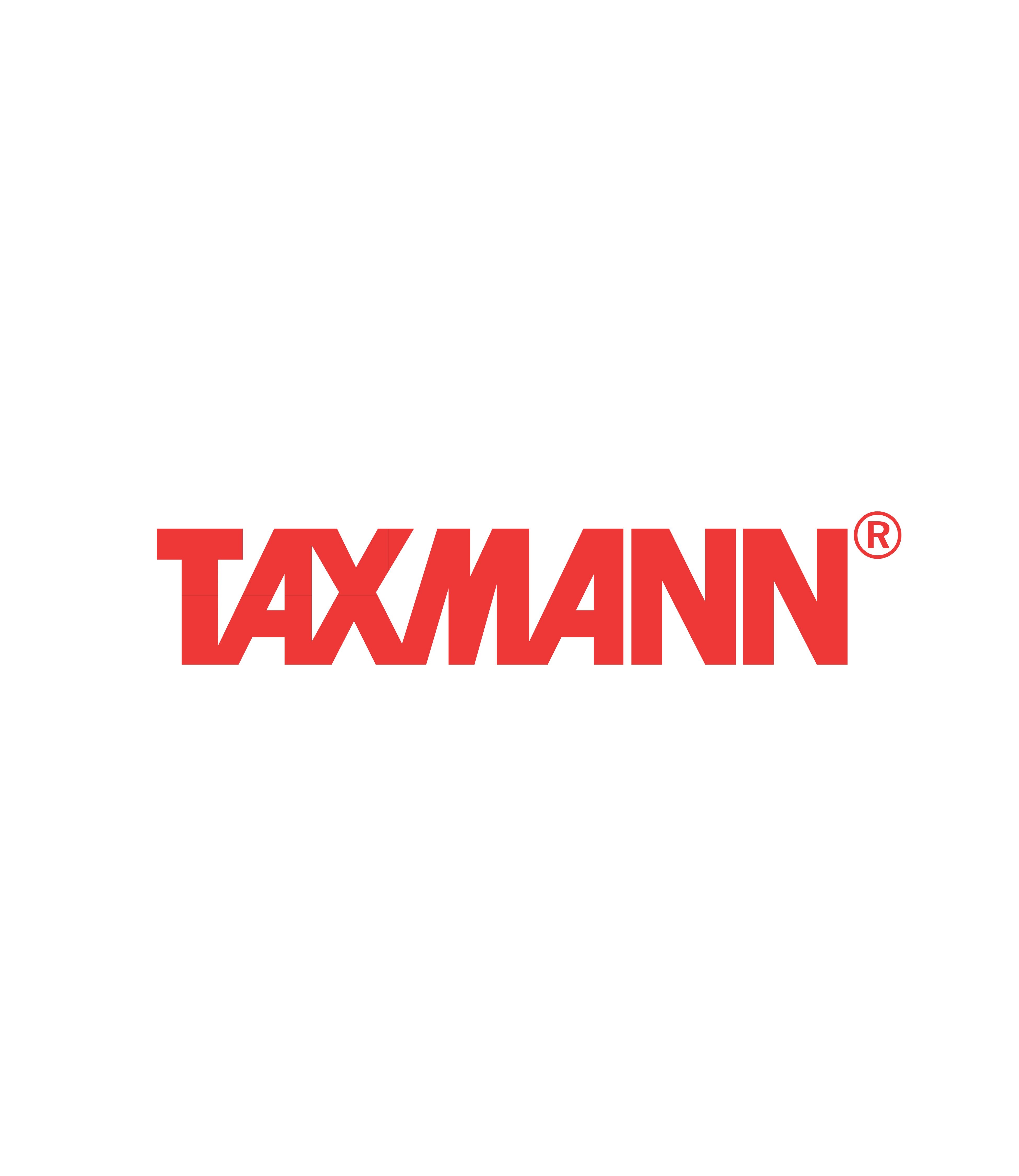| Discussions Forum | ||||||||||||||||||
Home  Forum Forum  Goods and Services Tax - GST Goods and Services Tax - GST  This This 
A Public Forum.
Submit new Issue / Query
My Issues
My Replies
|
||||||||||||||||||
Eligibility of ITC, Goods and Services Tax - GST |
||||||||||||||||||
|
||||||||||||||||||
Eligibility of ITC |
||||||||||||||||||
If a taxable person procures inputs and after 3 years, returned the same i.e. purchase return, would he be required to reverse the ITC on such inputs in terms of Section 17(1) such goods not being used for affecting taxable supplies? Posts / Replies Showing Replies 1 to 9 of 9 Records Page: 1
When the inputs are not available ITC for what and on what basis ?
You could consider issuing a tax invoice at the time of return of goods. By this the credit will get reduced at your end and the original supplier will also get the credit. This has also been clarified in one of the circulars
I agree with the experts view, sec. 16 states as "taxpayer is entitled to take credit of input tax charged on goods or services used or intended to be used..". This clarifies that only when inputs are used or intended to be used the input tax credit is eligible for credit. In this case, the input is not being used and hence not entitled to take credit.
As suggested by expert, you can treat it a fresh sale from your end and raise tax invoice with GST to return the goods. By raising tax invoice you will charge GST and for that your recipient will be able to take the credit.
Why to follow difficult path ?
If customer returning the goods reverses the credit then government is getting tax twice. One is the said credit reversal and second is the GST paid by supplier at the time of original supply. So Sir, in my view, only two option available. Option 1 - return the goods through debit note. No GST reversal. Supplier will receive the goods and prepare credit note without GST as time barred as per section 34. No benefit of GST to supplier and no reversal of credit by buyer. Option 2 - consider this as supply from customer side and raise tax invoice. original supplier will become customer and account it as purchase and take credit basis invoice. Your view please.
As subject goods were 'intended to be used for business' by the tax-payer at the time of purchase, ITC availed earlier can NOT denied afterwards just because such goods are returned back to the original supplier after three years. W.r.t. my reasoning about the words 'used or intended to be used' used in Section 16(1), kindly refer to elaborate discussion we had under Issue-Id: 118820 having subject-line as SEC 17(5)(h). Based on the query raised, I am presuming that situation warranting blockage of ITC u/s 17(5) does not exist here and query raised is with regards to Section 16(1) & not Section 17(1). Issuance of credit-note u/s 34(1) is optional for the original seller. As time-limit to disclose the credit-note (for basic amount as well as GST originally charged) & use 'gst charged earlier' against fresh liabilities u/s 34(2) is lapsed, original supplier should not issue credit-note u/s 34 but 'commercial credit note' for basic value (i.e. excluding GST) can be issued for accounting purpose between parties. This is assuming that subject transaction is indeed 'purchase return' as mentioned in the query. Alternative Scenario: As goods were kept by the purchaser for three years, it is presumed that 'sale' took place and goods were unconditionally accepted by the buyer in the year of initial purchase itself. In other words, original seller is not under any legal obligation to take back these goods after three years. And if so, returning these goods now after three year cannot be called as 'Purchase Return' per se but same will be sale (i.e. resale) transaction. In other words, if my presumption holds good factually, this is not a situation where any credit-note u/s 34 can be issued. And in such a case, tax-payer can raise tax-invoice while re-selling goods and buyer (i.e. original seller) can avail ITC against gst charged at the time of re-sale. This alternative scenario depends upon 'facts' involved which only both parties to the transaction should be aware of and same should not be used blindly across every situation. These are ex facie views of mine and the same should not be construed as professional advice / suggestion.
The option of issuing fresh invoice is not feasible because the goods are no longer useful. So the original seller will dispose off the goods. Hence the best option is to consider it as purchase return.
The option of issuing fresh invoice is not feasible because the goods are no longer useful. So the original seller will dispose off the goods so the requirement of reversal will arise at his end. Hence the best option is to consider it as purchase return. The only question is that, in such cases, since the goods purchased have been returned, would section 17(1) be triggered or not. Page: 1 Old Query - New Comments are closed. |
||||||||||||||||||
 9911796707
9911796707

.jpg)


